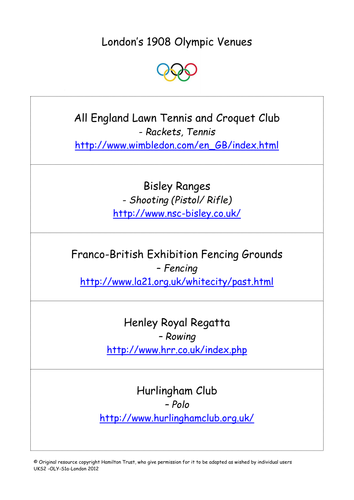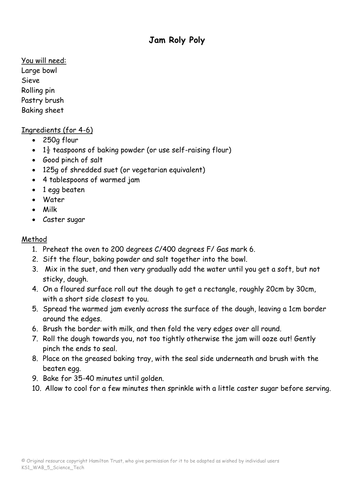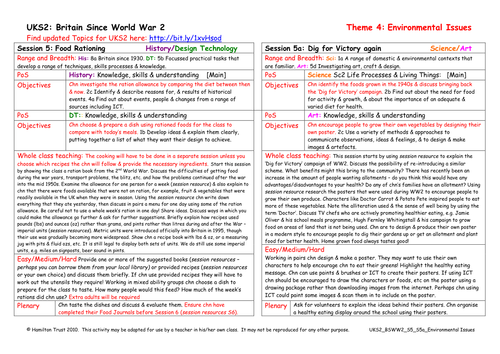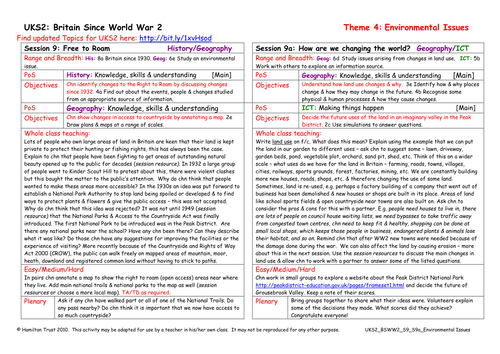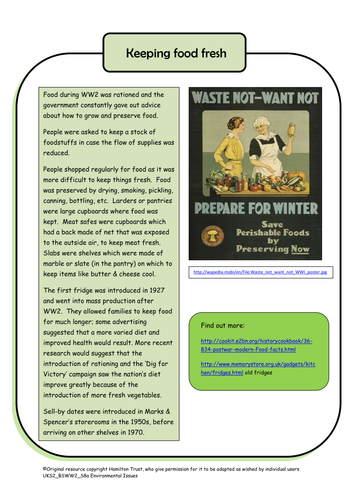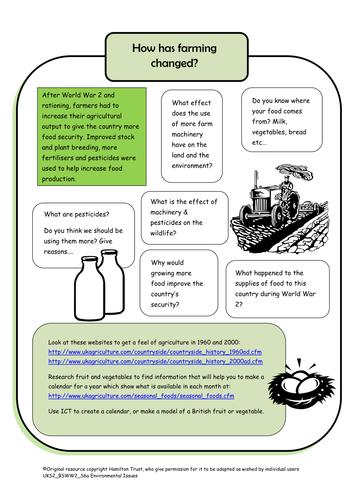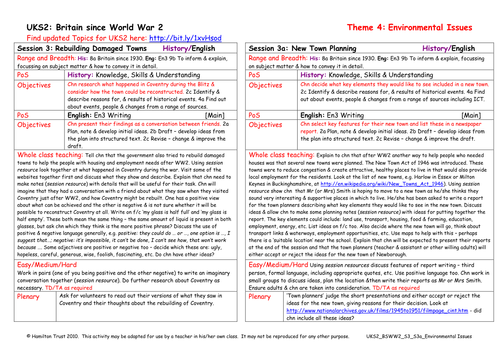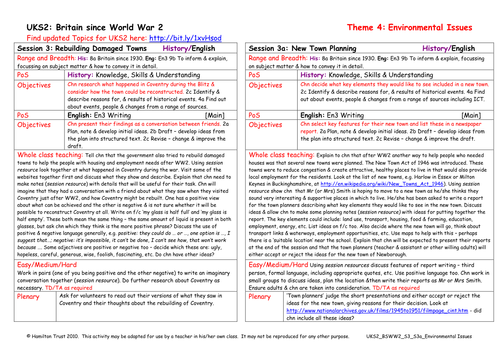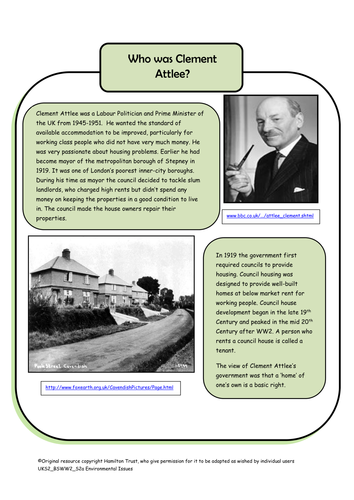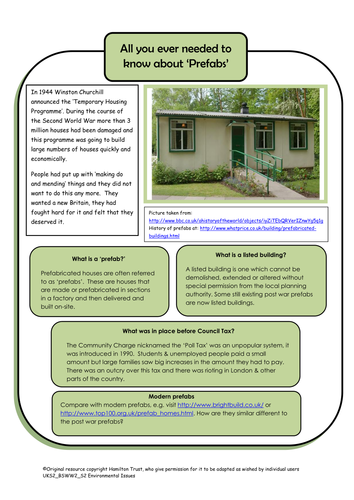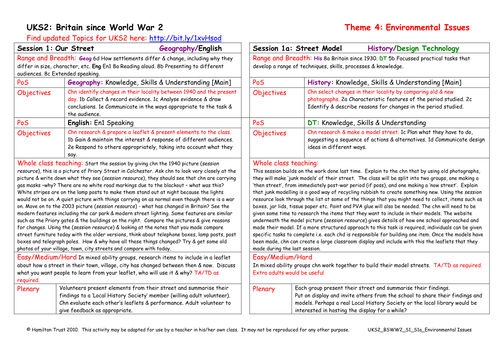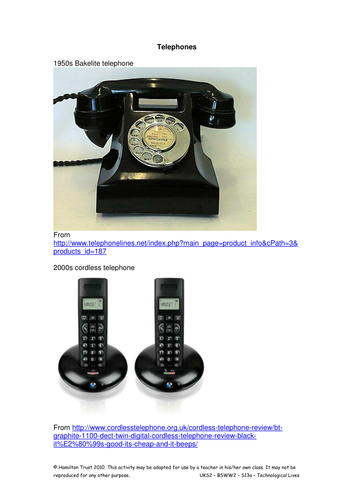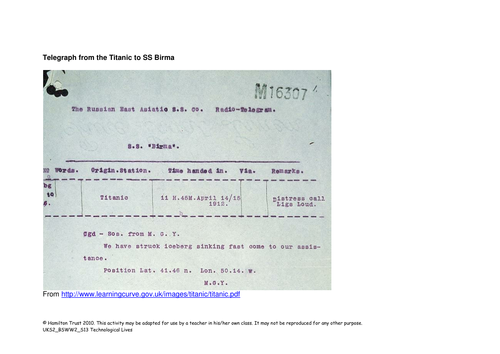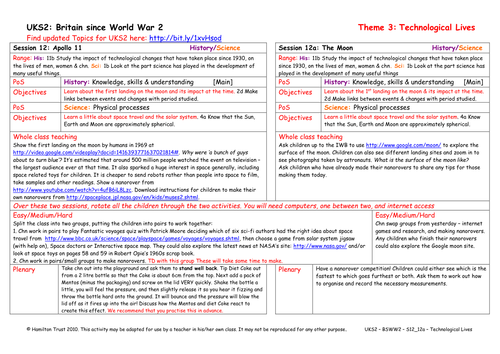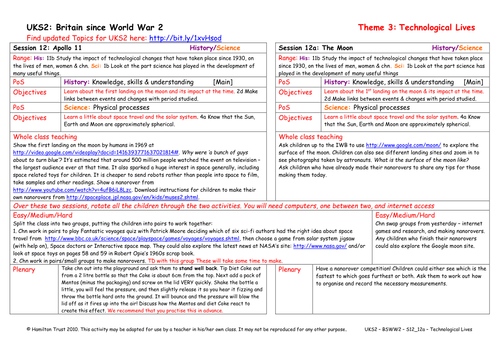
397Uploads
10045k+Views
11646k+Downloads
History

London's Olympic Legacy
The Olympics is now the largest sporting event on Earth, but that was not always the case. Children compare today with its early London incarnations and investigate what happened to the facilities after the torch was extinguished!

London Olympics 1908 and 1948
2012 brings with it London’s third Summer Olympic Games! In this session children find out more about the games in 1908 and those in 1948. Through research of the past they discover what made them unique in so many ways.

London Olympics 1948
The second London Games were held in 1948. Again London only had 2 years to organise the games as they were awarded in 1946 after the 1944 Games were cancelled due to WWII. Children research facts and the legacy to be added to the timeline.

London Olympics 1908
Remind children that London has held the Olympics twice before. The first time was in 1908. Find out why London had only two years to prepare and research facts about the Games and the legacy left by London 1908.

Shopping Basket
Look at products that would be on weekly shopping list, consider the different ways in which these were sold – less packaging. Discuss equivalents between imperial and metric measurements and money. Children convert prices or sort foods into then and now.

Cooking A 1950's Meal
Children have the opportunity to cook one course of a typical 1950s meal or to set the table. Discuss safety measures before children cook the shepherds’ pie, rice pudding or sponge pudding and custard. Will everyone have a taste of all three dishes?

Food Rationing
During the 1940 and 50s food was rationed. Discuss the ration allowance then and compare it with what you eat now. In groups and using suggested books or resource examples children will choose and cook a ration recipe for everyone to taste. Was our diet better then?

Energy
This session we consider how we are using up fossil fuels. How did we heat our homes and cook in the past? Discuss renewable energy and any local schemes to try and use more renewable energy. Challenge children to make a solar oven and cook something with it!

Free To Roam
In the past landowner’s have not wanted people to have access to their land. Children look at how the introduction of National Parks and Access to the Countryside Act 1949 has changed this. Children annotate a map showing ‘right to roam’ areas, trails, etc.

Keeping Food Fresh
Food was rationed during WW2 and the government constantly gave out advice about how to grow and preserve food using various methods. Fridges went into mass production after WW2. Children explore a BBC site – rations, shops, a quiz, etc!

How Has Farming Changed?
After WW2 and rationing farmers had to increase production. Children discuss where food comes from, and their views on the use of heavy farm machinery and pesticides. Children make a model of a fruit/vegetable or create an ICT presentation showing seasonal availability.

New Town Planning
Find out about the New Towns that were planned to help with housing shortages. Look at some examples. Children identify the key elements that they would like included in a new town, and then write a report for a new town planning committee.

Rebuilding Damaged Towns
After WW2 many towns that were badly damaged in the bombing needed to be re-built. Children research what happened in Coventry and consider what could be done to help re-build and re-construct the area. Present their findings as a conversation between friends.

Council Houses
Children recognise the need for affordable social housing. Groups discuss different forms of affordable housing – council houses, tower blocks, housing associations, prefabs.
Feedback to class with pros and cons and decide which would be most useful after a problem.

Prefabs
Children understand that millions of houses were destroyed during WW2 and they needed to be replaced. Houses were designed that were pre-fabricated. They were quick to build; thousands were put up in the 1940s/1950s. Children choose key info needed to sell a prefab.

Street Model
Building on previous session, children make a model of a street near the school (or from imagination). Class is split in two – one group make a ‘then’ model and one a ‘now’ model – using junk modelling techniques. Display along with leaflets previously made.

Telephones
Children order pictures of old telephones. They decode, then write mobile ‘phone text messages.

Telegrams
Children look at old telegrams and then write their own about an important event to the British Prime Minister of the day.

